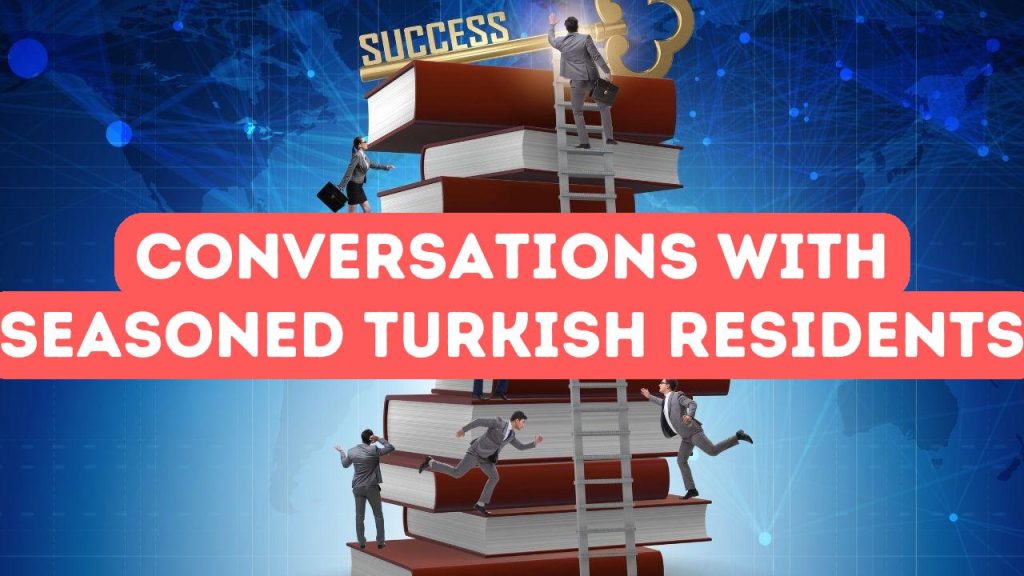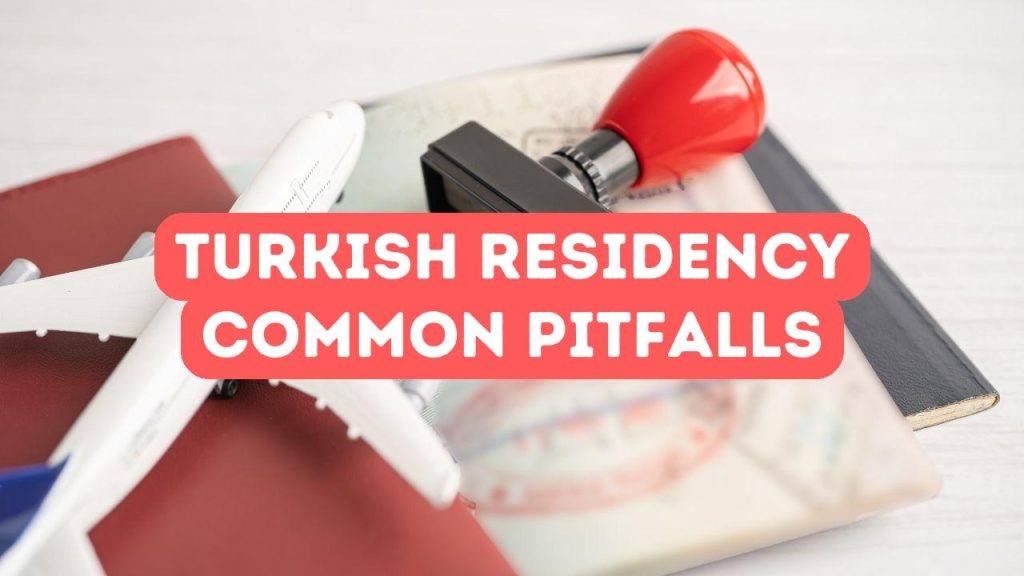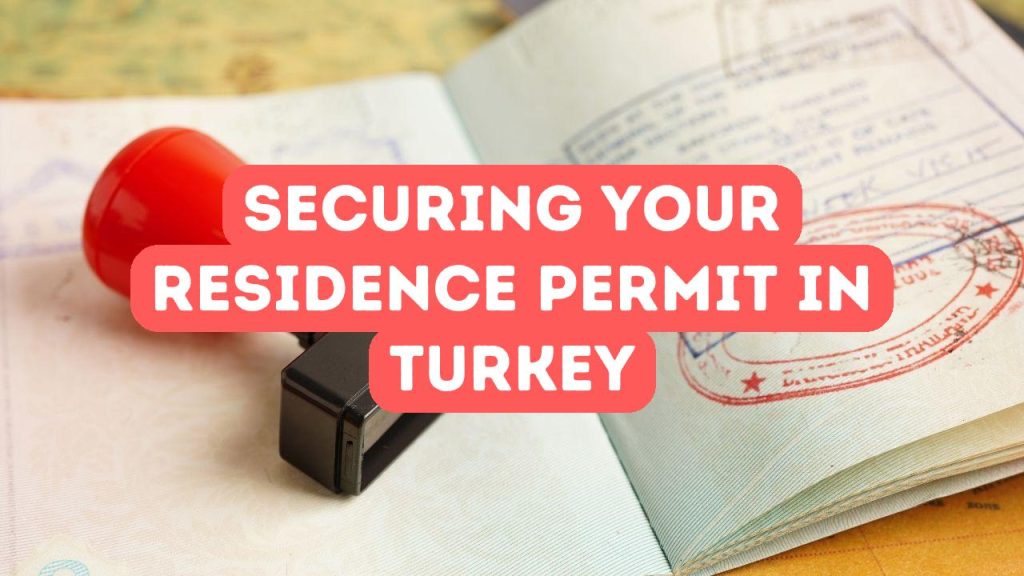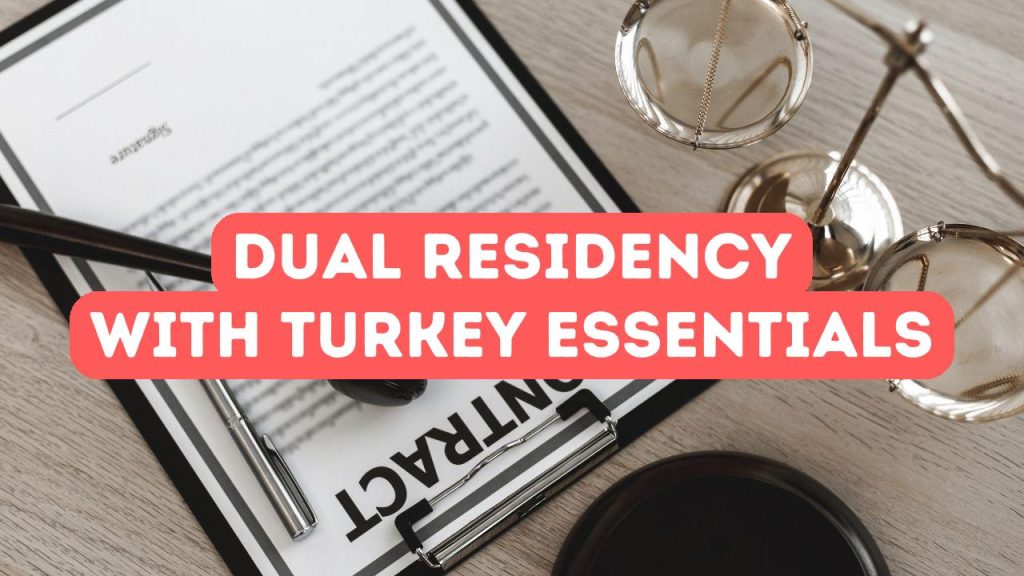Essential Turkish Vocabulary for Everyday Life
Embarking on everyday life in Turkey demands knowledge of common and practical vocabulary to maneuver through routine tasks with finesse. For new residents, starting with greetings such as Merhaba (Hello) and Günaydın (Good morning) lays the groundwork for a polite introduction to daily conversation. The simple Teşekkür ederim (Thank you), Lütfen (Please), and Af edersiniz (Excuse me) are pillars of courteous interaction, showing respect and gratitude, which is deeply appreciated in Turkish culture. Understanding directional phrases like Sağ (Right), Sol (Left), Düz git (Go straight), and Nerede? (Where is?) prove indispensable when navigating the crisscross of streets and alleys or when seeking help in bustling city centers. Equipping oneself with this essential vocabulary transforms daunting tasks into manageable, and even enjoyable, endeavors as you align with the ebb and flow of local life.
Beyond the basic pleasantries, mastering numbers becomes crucial for daily transactions. Bir (one), iki (two), üç (three), and so on, allow one to shop at markets, negotiate prices, or specify quantities without a hitch. For food enthusiasts eager to dive into Turkey’s rich gastronomic scene, recognizing words like su (water), çay (tea), kahve (coffee), ekmek (bread), and şeker (sugar) will make café visits and grocery runs a breeze. When dining, phrases such as Menü lütfen (Menu, please), Hesap lütfen (Check, please), and Bu ne kadar? (How much is this?) are indispensable. Knowing how to articulate one’s dietary preferences or restrictions with vegetarian (vejetaryen), gluten-free (glutensiz), or allergy-related terms equips residents for a stress-free culinary experience. These linguistic tools empower residents to participate in the everyday ebb and flow, from securing a table at a crowded lokanta (eatery) to bargaining for a kilim (rug) in the cultural heartbeat of the Grand Bazaar.
In embracing the nuances of Turkish life, an understanding of community-centered expressions further solidifies social bonds. Phrases such as Nasılsınız? (How are you?), İyi akşamlar (Good evening), and İyi günler (Have a good day) reflect genuine interest in the well-being of neighbors and acquaintances, fostering a sense of belonging. For those unforeseen moments requiring assistance or when faced with the need to express sentiments, having a grasp on İmdat! (Help!), Acil! (Emergency!), Özür dilerim (I am sorry), or Maalesef (Unfortunately) can be indispensable. As deeper connections are forged, exchanging congratulatory words like Tebrikler (Congratulations) or expressing condolences with Başınız sağ olsun (My condolences) showcases cultural empathy and respectful awareness. Each new word learned is a step closer to the heart of the community, ensuring residents not only navigate but also thrive within the vibrant tapestry of Turkish everyday life.
Navigating Cultural Nuances: Key Turkish Phrases
As you traverse the intricate cultural tapestry of Turkey, the grasp of key phrases such as “Lütfen” (Please) and “Teşekkür ederim” (Thank you) will carry you beyond basic manners, signaling respect and an eagerness to engage authentically with the locals. Delving deeper, phrases like “Anlayamıyorum” (I don’t understand) display a humble approach to learning, while “Affedersiniz” (Excuse me/I’m sorry) is an indispensable tool for gracefully navigating the occasional social blunder. Moreover, mastering greetings specific to different times of the day—“Günaydın” (Good morning), “İyi akşamlar” (Good evening), and “İyi geceler” (Good night)—demonstrates attentiveness to the subtleties of Turkish social etiquette, as does the heartfelt “Hoş geldiniz” upon someone’s arrival, reciprocated by the equally warm “Hoş bulduk” when you are welcomed. These phrases are the threads that, when woven together, form a sincere gesture of respect towards the intricate cultural customs that pulse through the heart of Turkey.
The socioeconomic impact is particularly felt in smaller towns and villages, where local businesses and markets align their operations with the rhythms of national celebrations. Vendors and artisans experience a swell in demand, crafting and selling goods that resonate with the patriotic sentiments of holidays. This boost in local economies is vital, providing a lifeline for traditional crafts and family-run enterprises. Conversely, the annual ebb and flow of commerce during national holidays can strain these smaller economies, as they must compensate for fluctuations in cash flow and consumer attendance. The holidays’ cadence underscores an economic paradox; they both invigorate with spontaneous commerce and impose inertia on structured business activities, requiring local residents to navigate the delicate balance between cultural engagement and economic stability.
Beyond individual and local economic effects, Turkish national holidays embody a broader socioeconomic influence by fostering nationalistic sentiments that drive public and private sector initiatives. These holidays encourage corporations and government entities to invest in community projects, patriotic campaigns, and infrastructure that supports national heritage sites, indirectly creating jobs and stimulating economic growth. As citizens come together to remember and celebrate, there’s a heightened awareness of societal issues, and charitable actions often surge, reflecting a collective philanthropic spirit. Yet, this national focus can also divert attention and resources from other pressing social concerns temporarily, presenting policymakers and civic leaders with the challenge of balancing the cultural reverence of holidays with the continual need for social development and inclusion.
Speaking Turkish with Confidence: A Resident’s Guide
Starting your journey with Turkish might seem daunting at first, but with a steady accumulation of practical vocabulary, you’ll soon be engaging with confidence. At the core of any resident’s guide to speaking Turkish must be the polite essentials: Merhaba (Hello) to greet, Teşekkür ederim (Thank you) to express gratitude, and Affedersiniz (Excuse me) to show courtesy. As you venture through the local markets, picking up words like fiyat (price) and phrases like Daha ucuz olur mu? (Can it be cheaper?) will not only aid bargaining but also demonstrate respect for the art of commerce deeply etched within the Turkish way of life. Solidify your resident status by showing eagerness to engage; Turkish speakers are typically very encouraging to those who try to speak their language, often rewarding efforts with broad smiles and an even more helpful attitude.
As you weave deeper into the fabric of Turkish life, mastering numbers becomes indispensable for daily transactions. Learning sayılar (numbers) ensures that you can haggle effectively, manage finances, and schedule appointments. Comprehension of bir (one), iki (two), üç (three), and onwards, will prevent both confusion and the payer’s remorse that can come from misunderstands at the kasap (butcher) or manav (greengrocer). It’s also beneficial to grasp basic adjectives such as ucuz (cheap), pahalı (expensive), büyük (big), and küçük (small) to more precisely articulate desires or needs—useful when hunting for that perfect rug or kilim that this region is famous for. Navigating through daily scenarios with these linguistic tools at your disposal not only enhances self-sufficiency but also enriches your shopping experiences, allowing you to partake more fully in the local economy.
Embarking on social and professional adventures in Turkey means understanding the subtleties of conversational etiquette. It’s vital to acquaint yourself with phrases like Nasılsınız? (How are you?) and İyi günler (Have a good day) to foster goodwill in casual encounters. Moreover, to thrive in a workplace setting, familiarity with iş (work), toplantı (meeting), and proje (project) conveys both competence and engagement. When illness or health concerns arise, knowing how to articulate acil (emergency) or doktor (doctor) could be crucial. With each new word, residents stitch themselves into the community tapestry, embodying the essence of cultural integration. The reward lies in the ability to navigate life’s nuances with the same ease as a local, transforming every interaction into an opportunity for deeper connection and understanding in this rich and hospitable land.






